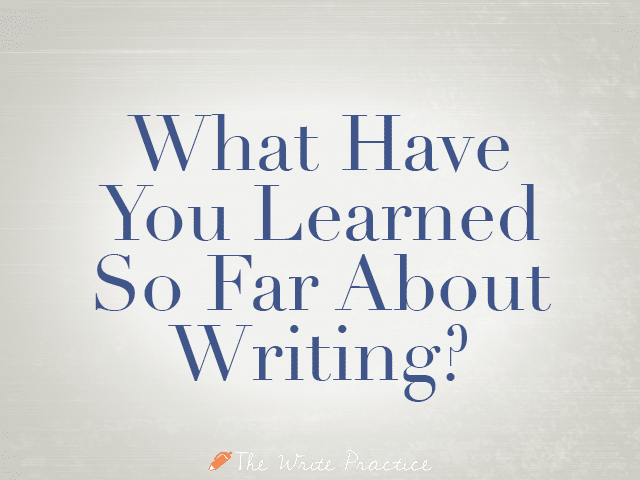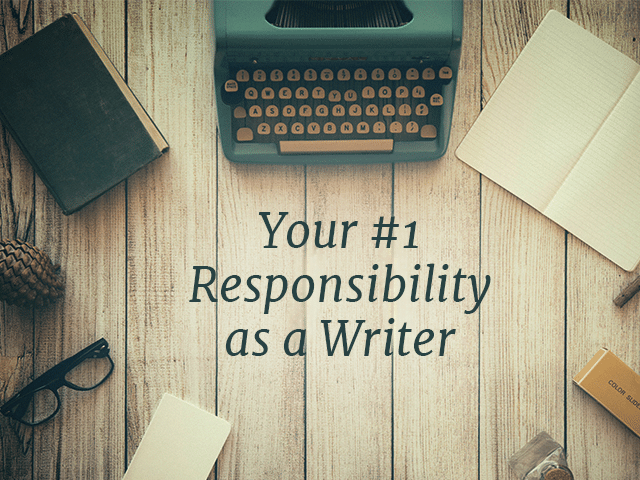I’m beginning a long season of travel. Yesterday, I got home from California, where I had a few meetings and spent time with family. In July, I’ll be in Portland for World Domination Summit (if you’ll be there, let me know!). In August, there’s Plywood Presents in Atlanta, and the Tribe Writers conference in Nashville, where I’ll be speaking (you should come!).
What this means for me is that I have to explain what I do for a living a lot. It’s not easy, at least for me. I am a writer, yes, but what does that really mean?



![“The Change” by Tom Farr [story]](https://thewritepractice.com/wp-content/uploads/2015/06/the-change.png)








